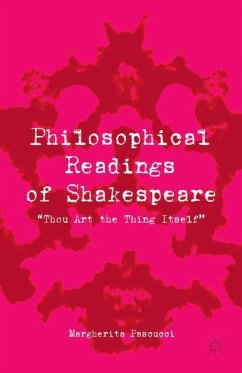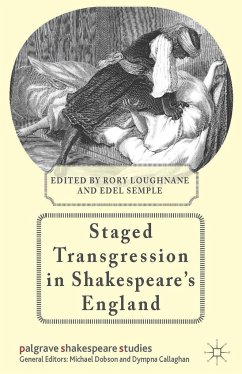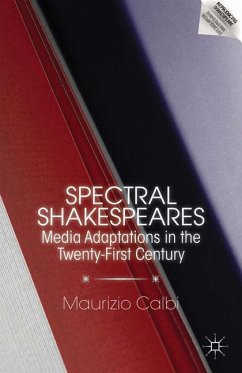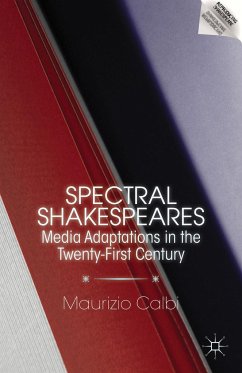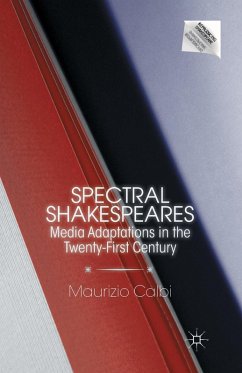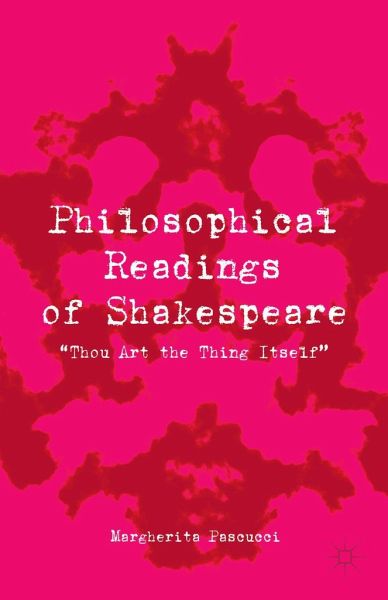
Philosophical Readings of Shakespeare
"thou Art the Thing Itself"
Versandkostenfrei!
Versandfertig in 6-10 Tagen
38,99 €
inkl. MwSt.
Weitere Ausgaben:

PAYBACK Punkte
19 °P sammeln!
This book offers a close philosophical reading of King Lear and Timon of Athens which provides insights into the groundbreaking ontological discourse on poverty and money. Analysis of the discourse of poverty and the critique of money helps to read Shakespeare philosophically and opens new reflections on central questions of our own time.





